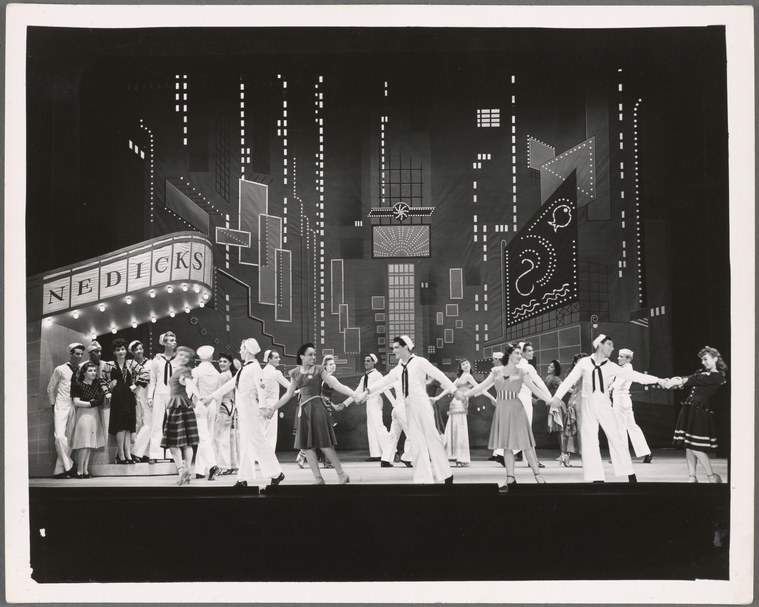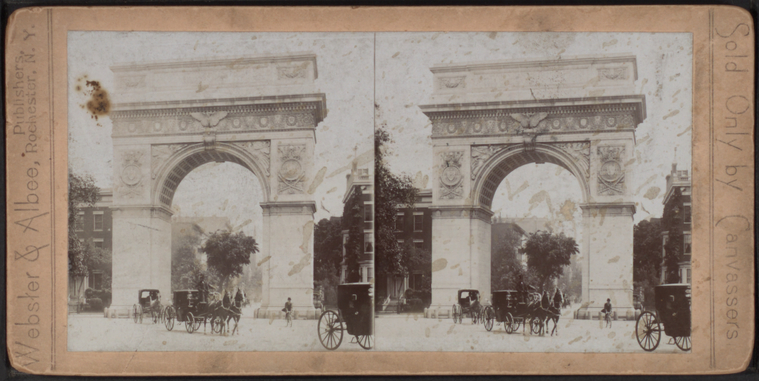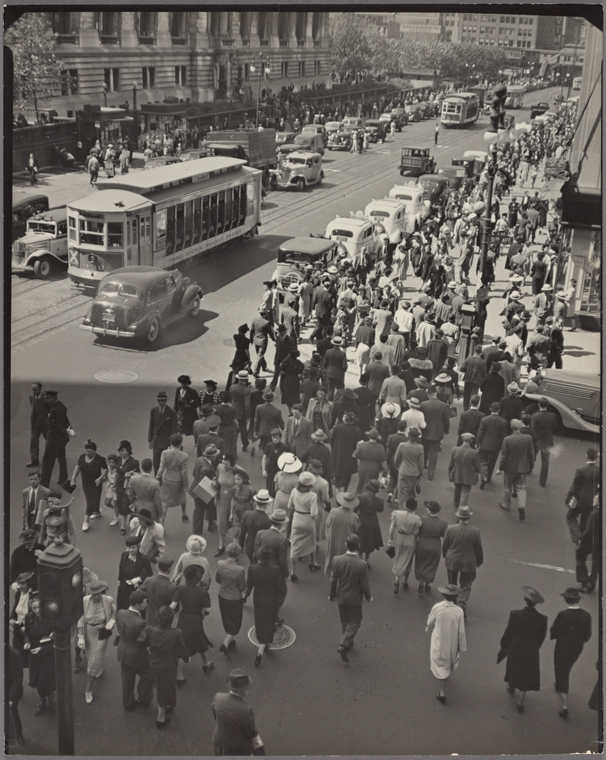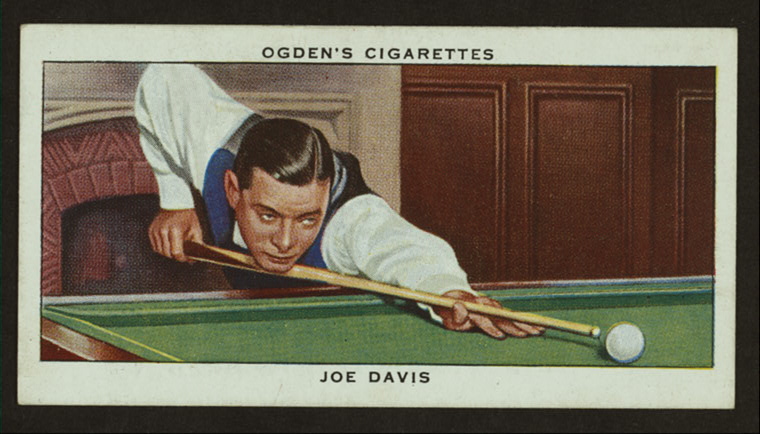Read E-Books with SimplyE
 With your library card, it's easier than ever to choose from more than 300,000 e-books on SimplyE, The New York Public Library's free e-reader app. Gain access to digital resources for all ages, including e-books, audiobooks, databases, and more.
With your library card, it's easier than ever to choose from more than 300,000 e-books on SimplyE, The New York Public Library's free e-reader app. Gain access to digital resources for all ages, including e-books, audiobooks, databases, and more.
If you don’t have an NYPL library card, New York State residents can apply for a digital card online or through SimplyE (available on the App Store or Google Play).
Need more help? Read our guide to using SimplyE.




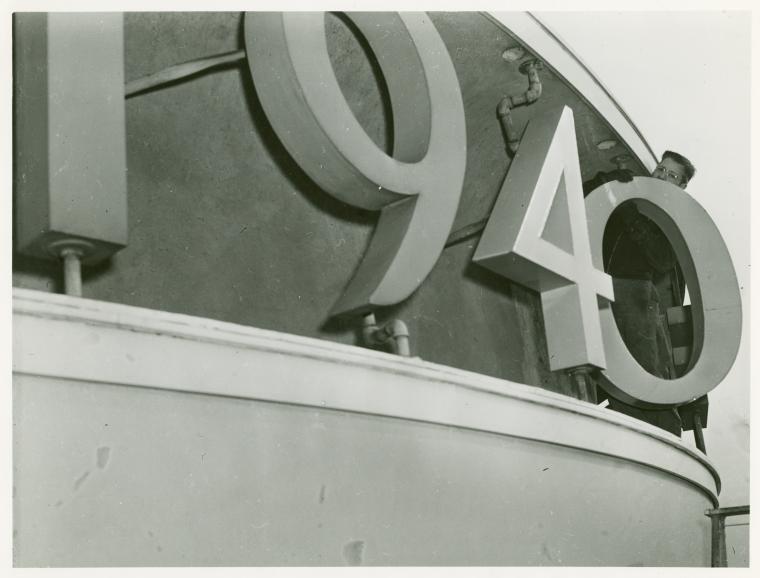
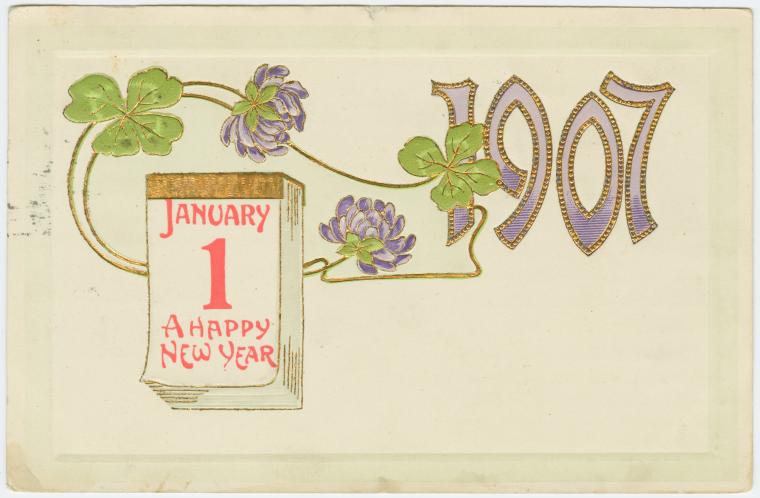

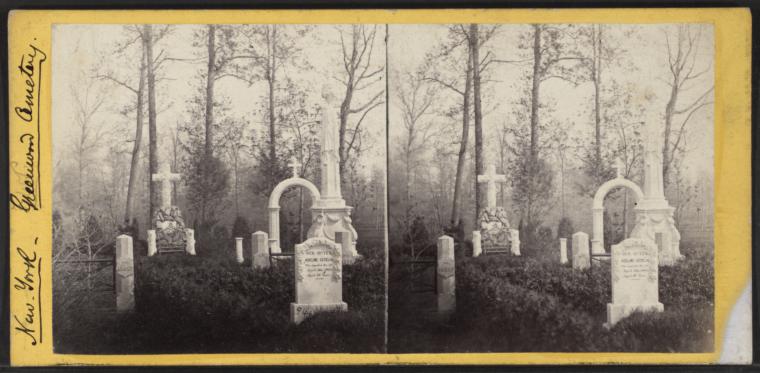
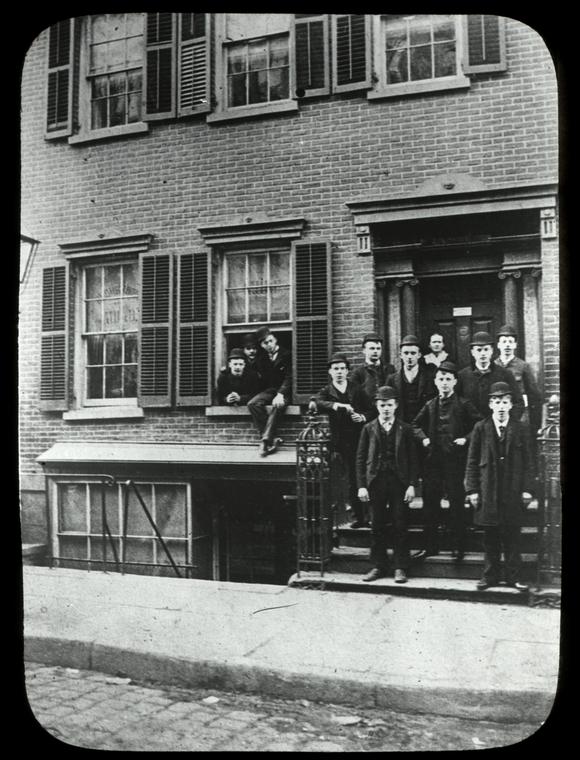
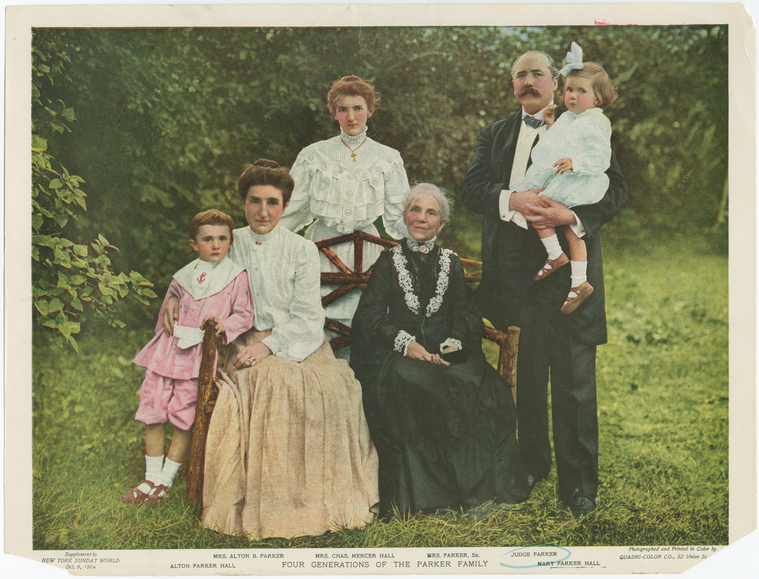
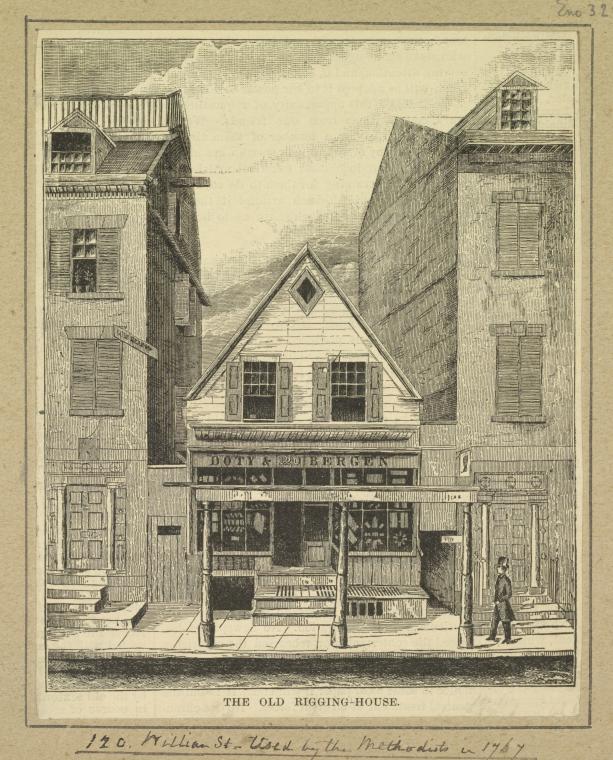
![DAILY MENU, LUNCHEON [held by] CUNARD LINE [at] "ON BOARD R.M.S.""MAURETANIA""" (SS;), Digital ID 473125, New York Public Library DAILY MENU, LUNCHEON [held by] CUNARD LINE [at] "ON BOARD R.M.S.""MAURETANIA""" (SS;), Digital ID 473125, New York Public Library](https://images.nypl.org/?id=473125&t=w)

